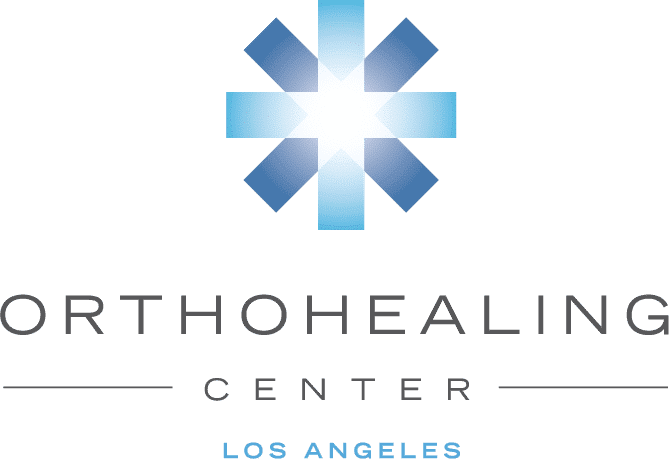There has been so much buzz about anti-aging, and questions about if stem cell therapy can have anti-aging effects. Turns out, if you want to rejuvenate the aging of a heart, that may be possible.
Researchers in California, from the Cedars-Sinai Heart Institute, conducted a study where they injected older rats with specialized stem cells from the hearts of newborn rats. They found that after doing so the older rats had an improvement in heart function, the ability to exercise more, and it reversed biomarkers of aging.
Just like many illnesses, the risk of cardiovascular disease increases with age, the heart is an organ and as such, ages. As it ages it becomes stiffer and less flexible. One of the other interesting things is that as cells divide, with age, also comes the “shortening” of telomeres (which protect the ends of our chromosomes). Shorter telomeres are associated with an increased risk of heart conditions.
They took cardiosphere-derived cells (cells that are young and can grow into any of the three major cells that make up the heart) from newborn rats and injected them into rats aged about 22 months. In the study, there was a control used, rats of the same age were given saline solution injections vs. the cells. The groups were compared, and the tests were repeated after another month. The non-control rats showed a healthy diastolic function, had longer telomeres in the heart cells, regrew hair faster, and were able to exercise more.
Therefore, in this study, it was discovered that the effects of an aging heart can be reversed if using immature cardiac stem cells in rats.
Further research should be done to determine if cells must come from a young donor only, but this proves to be a compelling discovery.
If you, or someone you know, may be having conditions similar to an aging heart, contact us, at Orthohealing Center, today 310-312-8095.



